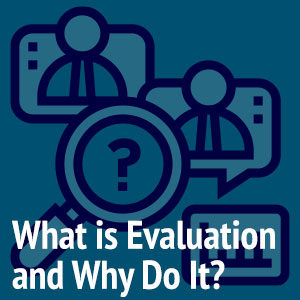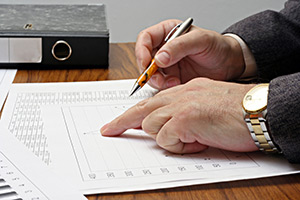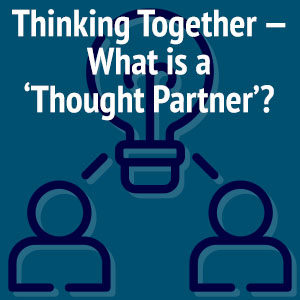
In their recent article, “The Role of Intuition in Evaluation and Decision,” which appears in a recent issue of New Directions in Evaluation, Marthe Hurteau, et al. examine the role that intuition plays in high quality evaluations. The concept of “intuition” entails a number of aspects, and the authors cite various sources that define intuition. Intuition’s Latin root, “in-tuir,” means looking, regarding, and knowing from within. Others have noted that intuition includes, thinking with feeling, subconscious pattern recognition, and tacit knowledge developed through years of dedication, hard work, and consistent and deliberate practice. The authors write “…there is growing consensus among theorists that intuitive judgment requires time to develop, incurs little or no information processing costs, and enables individuals to quickly integrate multiple justification into their decisions with little mental energy. “Research has indicated that the quality of intuitive decision-making depends on having sufficient knowledge and domain-specific expertise.”
Intuition is not inherent, but requires development. “Intuition is developed by means of a long, complex and demanding process.” It also “requires expertise and professional experience to develop.”
Marthe Hurteau, et al. interviewed both experienced and novice evaluators and analyzed interview data to learn what factors are crucial to the development of intuition in the field of evaluation. They found:
- the need to enter the field of evaluation with some kind of basic training
- participation in various “mandates” (i.e., specific, concrete evaluation projects) to further develop and refine evaluation expertise
- reflective analysis on “experiments,” successes, and failures
- the accumulation of a “bank” of numerous and diversified evaluation scenarios which later can be drawn upon for subsequent evaluation initiatives.
“The Role of Intuition in Evaluation and Decision,” quotes one experienced evaluator, who observes: “I use my intuition…to better identify opportunities, and avoid pitfalls in specific evaluation situations and to find more creative ways to make evaluation useful in diverse environments. I tend to see intuition as a nearly instantaneous process, virtually automatic and subconscious, that interprets an evaluation situation based on my extensive experience of other evaluations…As much as possible I test my intuitions by checking them against the view of others, as well as data analysis…”
Although an evaluation cannot rely exclusively on the intuitions of the evaluator, when combined with the knowledge and skills of an experienced evaluator, intuition can add insight and discernment to the design and execution of the evaluation. It can be especially helpful in the interpretation of evaluation data and the communication of evaluation findings.
- 25 years of experience designing program evaluations and organization development initiatives, including strategic planning, and organizational learning initiatives.
- Extensive professional experience providing evaluation services to a wide-variety of organizations, including: non-profits (educational, human service, arts and culture, workplace readiness, youth development, community service, etc.), educational institutions (k-12, higher ed., and after-school), and philanthropies.
- An academic background in the philosophy and methodology of the social sciences (Ph.D, in Sociology, M.A. in Education) united with a practical, real-world understanding of the struggles of non-profits to meet the challenges of sustainability, donor/funder engagement, and resource scarcity.
- A commitment to meeting the distinctive need of each client for tailored and rigorous evaluation research.
“The Role of Intuition in Evaluation and Decision,” New Directions in Evaluation, Volume 41, No. 3 Marthe Hurteau, Jeiran Rahmanian, Sylvian Houle, and Marie-Pier, p.324-338
“Bias, Seeing Things as We Are, Not as They Are”





